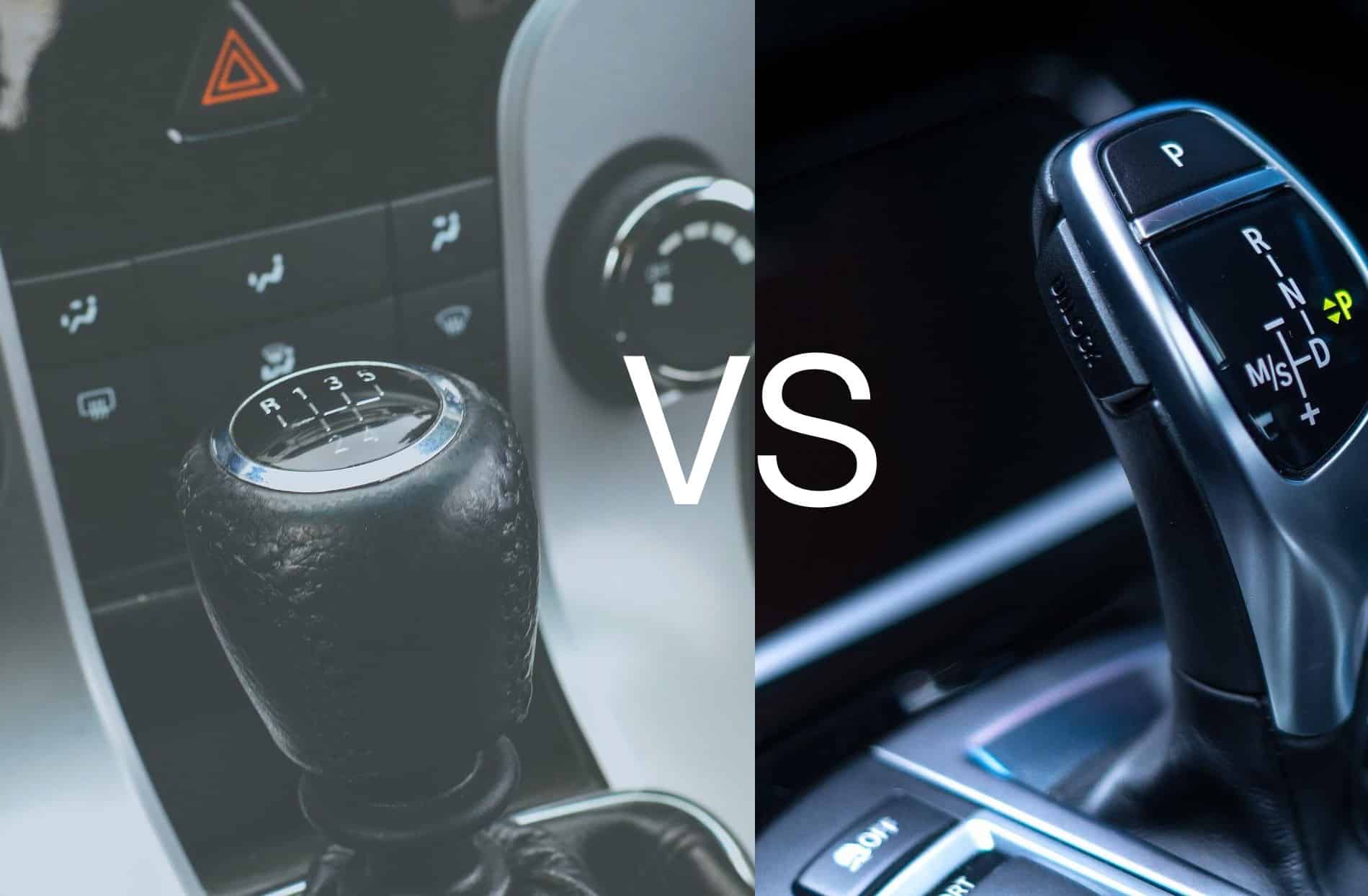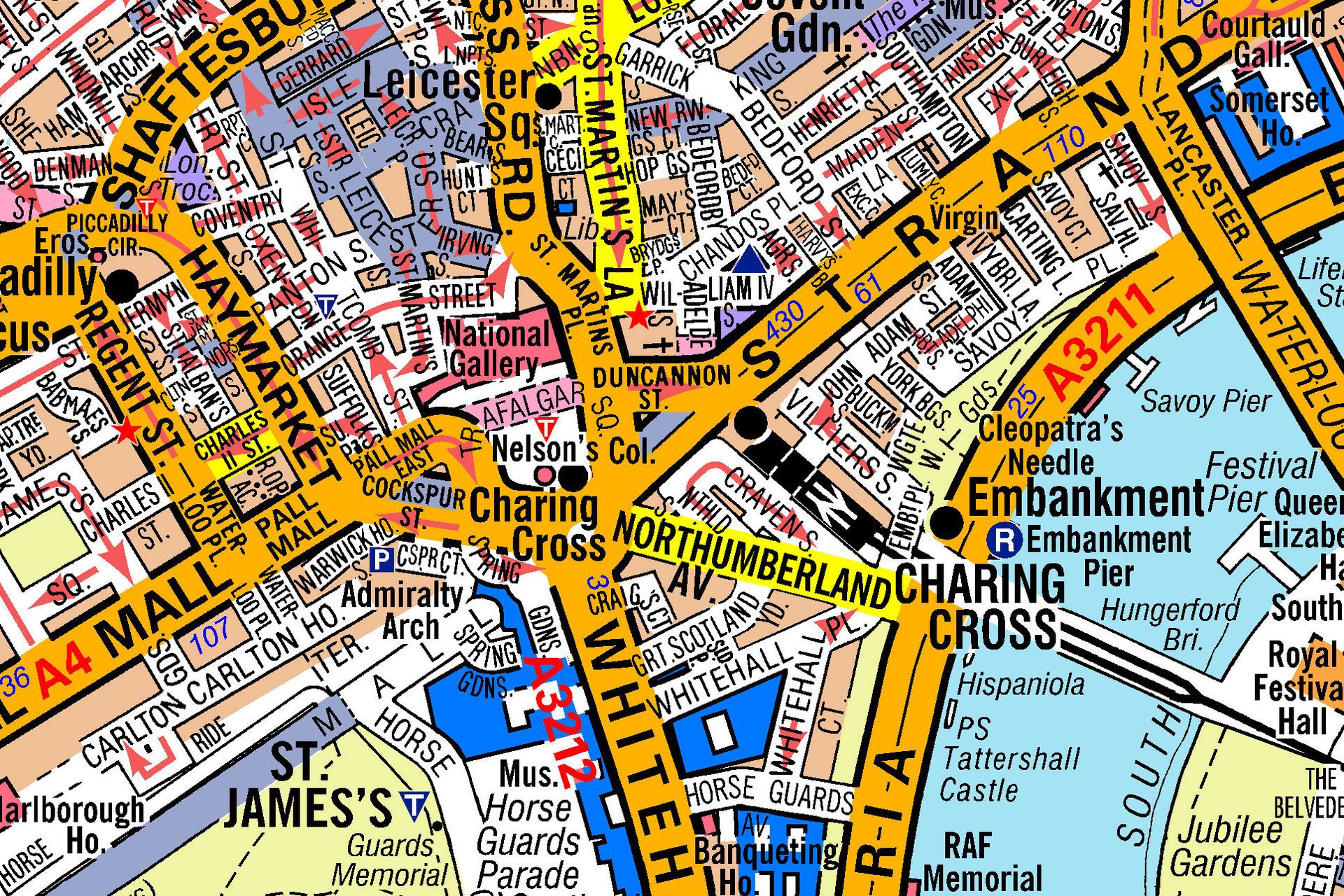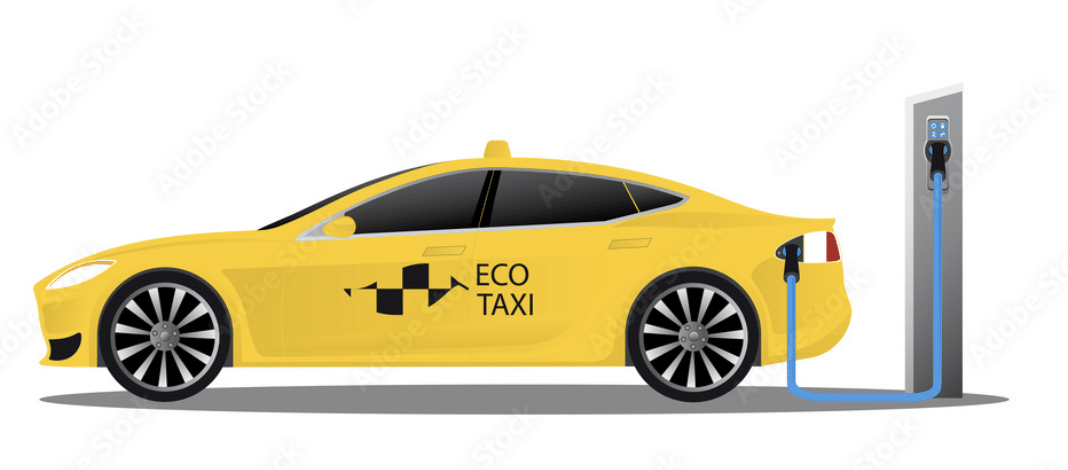Manual or automatic? When it comes to cars, this is a question that has long divided drivers.
In the UK, both types of cars are readily available, but it can be tricky to decide which one is right for you. Both have their pros and cons, so it ultimately comes down to personal preference.
While manual cars are typically more fun to drive and offer better fuel economy, automatic cars are easier to drive and require less maintenance.
However, don’t forget that a growing number of car manufacturers are also offering some models that only have an automatic transmission.
For example, if you buy or lease an electric or hybrid car, it will probably have an automatic transmission.
This means that car makers are increasingly offering automatic-only vehicles and adding the option to their previous manual-only ranges.
Some car experts are predicting that by 2030 – thanks to the rise of electric and hybrid cars – manual gearboxes will be hard to find in new vehicles.
Here, the Carvine team looks at the reasons why you should buy a manual or automatic car.
What is the difference between automatic and manual cars?
The key difference between a manual and automatic car is that a manual car has a gear system that you operate yourself, while an automatic car changes gears automatically in relation to the vehicle’s speed. Most vehicles driven in the UK are manual.
An advantage of driving a manual car is that you have more control over the vehicle. For example, when driving up a steep hill, you can choose to change down a gear to maintain a lower speed to better control the car’s speed.
Automatic cars are often seen as being easier to drive than manual cars, as you don’t have to worry about changing gears yourself. This can be beneficial for newer drivers or those who are not confident in their driving ability.
Why should I buy a manual car?
In the UK, most motorists are still driving a car with a manual gearbox, but how does a manual gearbox compare to an automatic?
The pros of manual cars
· One of the main benefits of driving a manual car is that it is more fun to drive. This is because you have more control and can feel the power of the engine when accelerating.
· Manual cars also tend to offer better fuel economy than automatics, so you’ll save money on fuel in the long run.
· A manual gearbox also makes it easier to drive on slippery surfaces, for example, because you can change up or down the gears to suit the conditions.
· A manual box will transfer the engine’s power more effectively so you can speed up quickly. This is because there is less energy lost between the engine and the wheels in a manual car.
· Cars with manual transmissions generally require less maintenance than those with automatic transmissions, as they have a simpler design. Repairs are usually cheaper for manuals – unless the clutch needs to be replaced.
The cons of manual cars
· One of the main drawbacks of driving a manual car is that it can be more difficult to drive, especially in heavy traffic.
· Manual cars also tend to require more maintenance than automatic cars, so you’ll need to take it into the garage more often.
· They may not be as safe. With a manual, you have to remove one hand from the steering wheel to change gears. With an automatic, you can keep both of their hands on the wheel and concentrate on the road ahead.
· With a manual, some drivers may find that having to work the clutch so often becomes uncomfortable – especially when driving in congested areas.
Why should I buy an automatic?
An automatic transmission will do the hard work – there’s no need to use the gear stick to change gears. An automatic transmission uses a torque converter, so you only need to travel forwards or in reverse. And stop, of course. But how does a car with an automatic gearbox compare with a manual box?
The pros of automatic cars
· One of the main benefits of an automatic car is that it is simpler to drive, especially in heavy traffic.
· Automatic cars also require less maintenance than manual cars, so you won’t need to take it into the garage as often.
· Since the transmission does the work of shifting gears for the driver, there’s no need to worry about changing gears – which can be a difficult task for some drivers.
· Automatic cars are generally simpler to operate than manual cars, as there isn’t a clutch to use. You simply put the car in ‘D’ – which stands for Drive. From there, you don’t need to worry about the gears unless you want to reverse or park. Many people find this more convenient.
· Automatic gearboxes provide a much smoother ride than manual ones, as they offer seamless transitions between gears. This results in a far more pleasant driving experience, without any hesitating.
· If you’re frequently stopping and then having to start in traffic, it can be a hassle to constantly depress the clutch. Since an automatic takes less effort, you can focus on getting through junctions and busy roads safely.
The cons of automatic cars
· One of the main drawbacks for many drivers is that driving an automatic car can be less fun to drive. This is because you have less control over the car and don’t really feel the power of the engine when accelerating.
· Automatic cars also tend to get worse fuel economy than manual cars, so you’ll spend more money on fuel in the long run. However, modern automatics often have the same fuel economy as their manual rivals – and sometimes they are better.
· Some automatic cars frustrate drivers because they sometimes change gears slowly, although growing numbers now have a dual-clutch fitted, so they are faster.
· The other big disadvantage of automatics is that they are generally more expensive to purchase than their manual counterparts, both new and second-hand. As a result, automatics may not be ideal for individuals who are working with a budget.
· Switching might be an issue. For those drivers used to changing gears, there can be a tough transition to adjusting to driving without a clutch.
Are automatic cars less fuel efficient?
Having touched on the issue of fuel economy, it is widely believed that automatics drink more fuel than a manual. However, with the improvement of technology, this is not always the case.
Part of that is down to the older automatics having a three-speed gearbox but technology has improved – and some will offer better fuel consumption than their manual sibling, for instance. However, always check the car’s fuel consumption figures before buying.
Is an automatic better for learning to drive?
An automatic can make it easier for a driver to focus on the car’s position in the road and its speed. And since there are no gears to change, the learner will be keeping both hands on the car’s steering wheel.
Most drivers find using a manual gearbox will become second nature and an automatic transmission car is less likely to stall than one with a manual transmission. If an automatic does stall, it is probably down to a technical problem.
I passed in an automatic – can I drive a manual?
If your driving licence is for an automatic, you’ll need to undertake a driving test to upgrade yours to a manual licence. If you drive a manual without upgrading means you will be breaking the law.
Driving a manual is more demanding for new drivers but the licence does mean that the driver can get behind the wheel of an automatic car on the UK’s public roads without changing their licence.
Which is the cheapest for insurance?
One big deciding factor between an automatic or manual car will be the cost of insuring it.
Usually, there will only be a small difference in the cost of the premium, though automatics tend to be slightly dearer to insure. That’s because automatic transmissions are pricier items to repair or replace than a manual box. Plus, automatics tend to be in higher-spec cars.
Should you buy a manual or automatic car?
In answer to the question, ‘Should you buy a manual or automatic car?’ the answer is – it depends.
If you’re looking for a fast car, you’ll probably want to stick with a manual transmission. If you want a car that is easy to drive – especially around town – then an automatic transmission may be the better option for you.
Whatever your decision, make sure to test drive both types of cars before making your final purchase. This way, you can get a feel for what each type of car is like to drive.
- New Initiative Gives The ‘Knowledge’ For Free. - January 23, 2024
- Is the clock ticking on the Plug-in Taxi Grant (PiTG)? - January 5, 2024
- Taxi drivers to get clean air cash for new cars. - December 5, 2023





